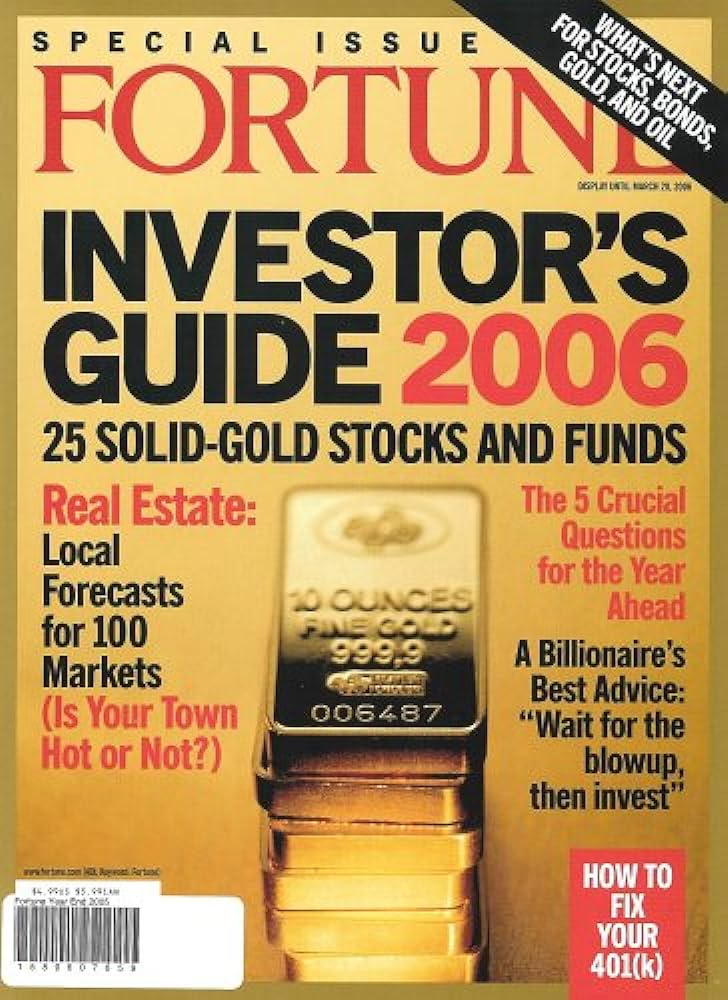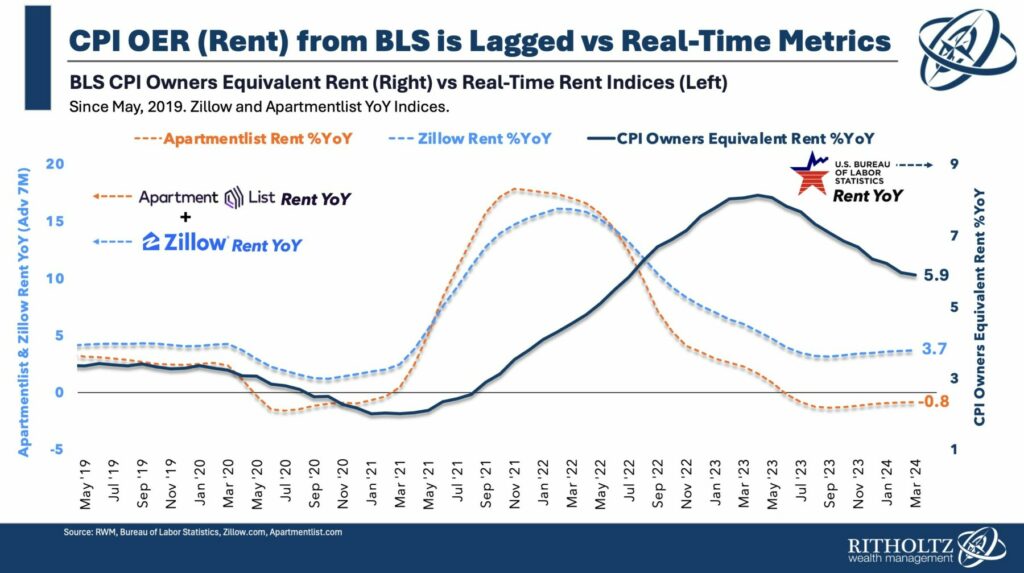House Bias in Economics Journals is an fascinating new paper by Dirk Bethmann, Felix Bransch, Michael Kvasnicka, and Abdolkarim Sadrieh (by way of Marginal Revolution).
…Researchers from Harvard, but additionally close by Massachusetts Institute of Know-how (MIT), and from Chicago (co-)writer a disproportionate share of articles of their respective dwelling journal…. We examine this query in a difference-in-differences framework, utilizing information on each present and previous writer affiliations and cumulative quotation counts for articles printed between 1995 and 2015 within the QJE, JPE, and American Financial Overview (AER), which serves as a benchmark. We discover that median article high quality is decrease within the QJE if authors have ties to Harvard and/or MIT than if authors are from different top-10 universities, however increased within the JPE if authors have ties to Chicago. We additionally discover that dwelling ties matter for the chances of journals to publish extremely influential and low influence papers. Once more, the JPE seems to profit, if something, from its dwelling ties, whereas the QJE doesn’t.
On the underside finish as properly,
articles with a Chicago aliation within the JPE are much less prone to be amongst the group of comparatively low influence articles (i.e., to rank among the many 25% or 10% of least cited articles printed within the three journals in a yr) than articles within the JPE authored by researchers from different top-10 establishments.
These are the what, however not the why. These findings naturally provoke some thought from my time at Chicago, and as JPE editor.
Whereas I used to be on the JPE there was an express ethic about these issues. Sure, the JPE publishes papers by Chicago school, however solely the very best ones. College have been anticipated to self-select the very best papers, particularly modern ones which have hassle elsewhere, however are prone to have influence t. That ethic was even stronger for Chicago PhD dissertations. The JPE actually actually discouraged Chicago Ph.D. dissertations, and solely very not often printed them. (I am curious how a lot of the JPE/QJE distinction comes all the way down to dissertations moderately than school papers).
After I was there, there have been solely 4 editors, all based mostly at Chicago. There was additionally a rule {that a} second editor needed to log out on any revision and on any publication choice. This was fantastic self-discipline, and I discovered quite a bit from my fellow editors’ view of papers. That process additionally helps to implement the upper bar customary. All being from the identical establishment helped a properly to supply collegiality, in addition to curiosity in maintaining the model.
A few of my hardest occasions as editor got here from rejecting colleagues’ fairly good however not adequate papers. For colleagues, I additionally was strict concerning the one revision rule, and rejecting just a few promising however nonetheless not prepared papers from colleagues (and mates) brought on extra heartache.
The JPE additionally had a tradition of decisive enhancing. The referees present recommendation, however the editor makes selections. This tradition results in publishing the type of modern papers that referees could disparage, particularly when an writer crosses area boundaries and invades delicate turf.
On this means a house journal, run by a small variety of long-term editors, with an institutional status, is totally different than an affiliation journal, with a big board of coeditors who serve brief occasions, and act independently.
I benefited from the JPE’s insurance policies. Sherwin Rosen printed “Time constant medical insurance” over referee objections, although after all asking for a revision that addressed these objections. “The Random Stroll in GNP,” my first huge paper, was printed within the JPE after being rejected elsewhere. “Determinacy and Identification,” a sprawling new-Keynesian critique, might by no means have been printed wherever else. “A easy check of consumption insurance coverage” (in addition to Barb Mace’s “Full Insurance coverage” which impressed my paper, a worthy exception to the rule in opposition to PhD theses) would seemingly have had a horrible time wherever else. John Campbell and I may need printed By Pressure of Behavior elsewhere, however the JPE editor was vital to boiling it down and focusing it.
Was it a good suggestion for the JPE to publish these, or would the world be higher if half had spent one other few years batting from journal to journal, and half ended up not printed in any respect? In fact, maybe there have been different, higher, papers from outsiders that the JPE might have printed. You choose.
I even have loads of papers rejected by the JPE, even desk rejected. And most of my papers get rejected by not less than three or four journals earlier than discovering a house. Welcome to the membership.
Issues have modified. The JPE is a a lot greater journal, with a giant and unfold out editorial board. Different journals, just like the AER, have additionally expanded and added sub journals. Maybe the idea of a small common curiosity journal, run by decisive editors keen to take some threat within the quest of modern papers, publishing papers that not less than two of 4 editors can perceive and choose, is old-fashioned. I hope the brand new JPE retains the particular character that made the outdated JPE so good.




